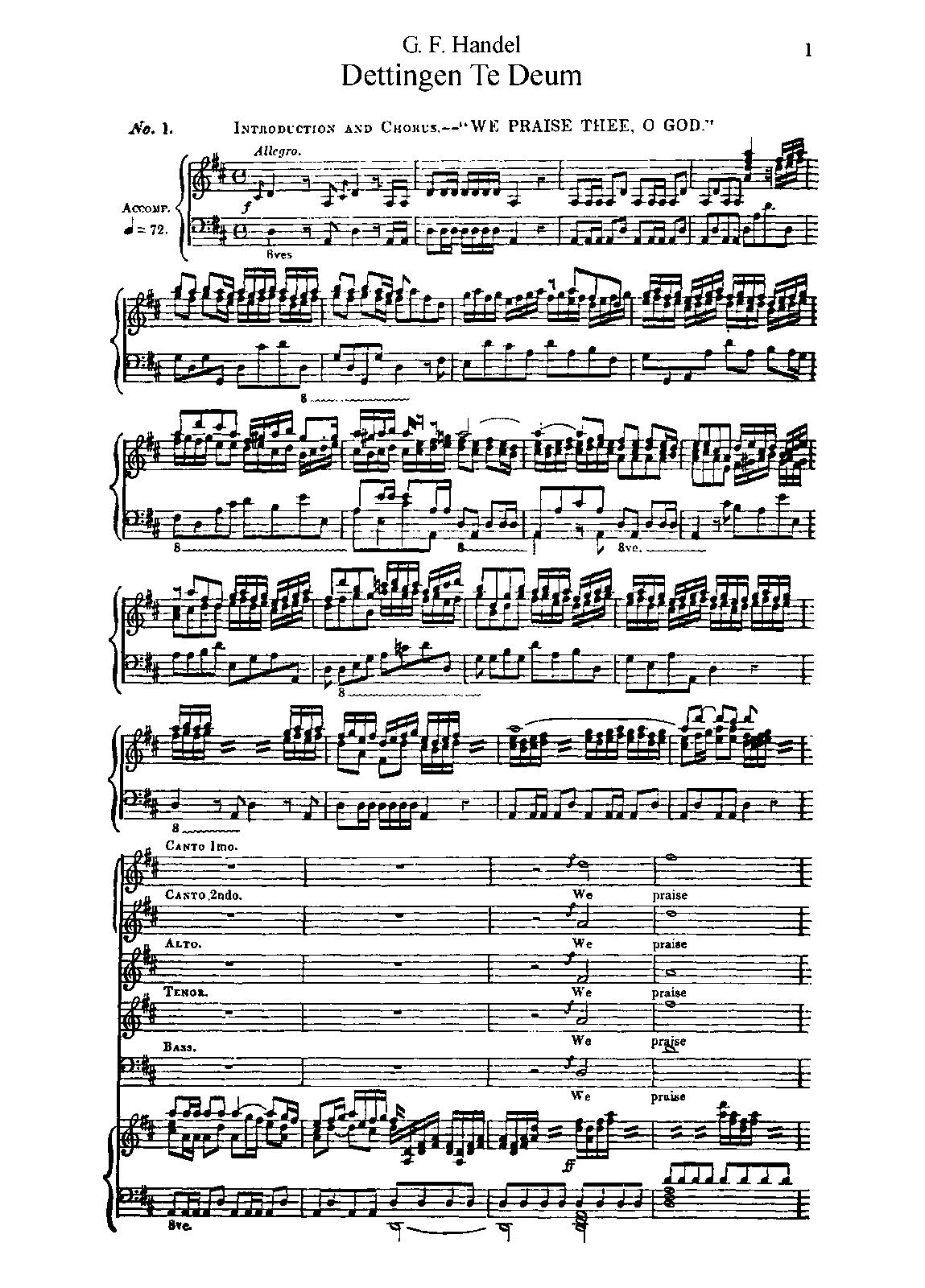
In the preceding chapter there was question, more or less incidentally, of the “concrete” idea of faith as an affective cognition that appears in the Dogmatik as the product of Scheeben’s more mature thought.
#Affectus in deum free
#Affectus in deum skin
If the eardrum is ruptured, the skin debris can pass into the middle ear and form a cyst.Ī cyst in the middle ear provides a friendly environment for bacteria and contains proteins that can damage the bones of the middle ear.įollow these tips to avoid a ruptured (perforated) eardrum: Although very rare, this cyst, which is composed of skin cells and other debris, can develop in the middle ear as a long-term result of eardrum rupture.Įar canal debris normally travels to the outer ear with the help of ear-protecting earwax.

In this small group, chronic drainage and hearing loss can occur. If a perforated eardrum doesn't heal, a small number of people may be vulnerable to ongoing (recurrent or chronic) infections. A ruptured (perforated) eardrum can allow bacteria to enter the ear. The size and location of the tear can affect the degree of hearing loss. Usually, hearing loss is temporary, lasting only until the tear or hole in the eardrum has healed. If the eardrum ruptures, uncommon problems can occur, especially if it fails to self-heal after three to six months. The eardrum also acts as a barrier, protecting the middle ear from water, bacteria and other foreign substances. When sound waves strike it, the eardrum vibrates - the first step by which structures of the middle and inner ears translate sound waves into nerve impulses. The eardrum (tympanic membrane) has two primary roles: Severe injury, such as a skull base fracture, may cause the dislocation of or damage to middle and inner ear structures, including the eardrum. Small objects, such as a cotton swab or hairpin, can puncture or tear the eardrum. A loud sound or blast, as from an explosion or gunshot - essentially an overpowering sound wave - can rarely cause a tear in the eardrum.


Loud sounds or blasts (acoustic trauma).Other events that can cause sudden changes in pressure - and possibly a ruptured eardrum - include scuba diving and a direct blow to the ear, such as the impact of an automobile air bag. Barotrauma is most often caused by air pressure changes associated with air travel. If the pressure is severe, the eardrum can rupture. Barotrauma is stress exerted on the eardrum when the air pressure in the middle ear and the air pressure in the environment are out of balance.

Pressure from these fluids can cause the eardrum to rupture.īarotrauma. A middle ear infection often results in the accumulation of fluids in the middle ear. Causes of a ruptured (perforated) eardrum may include:


 0 kommentar(er)
0 kommentar(er)
